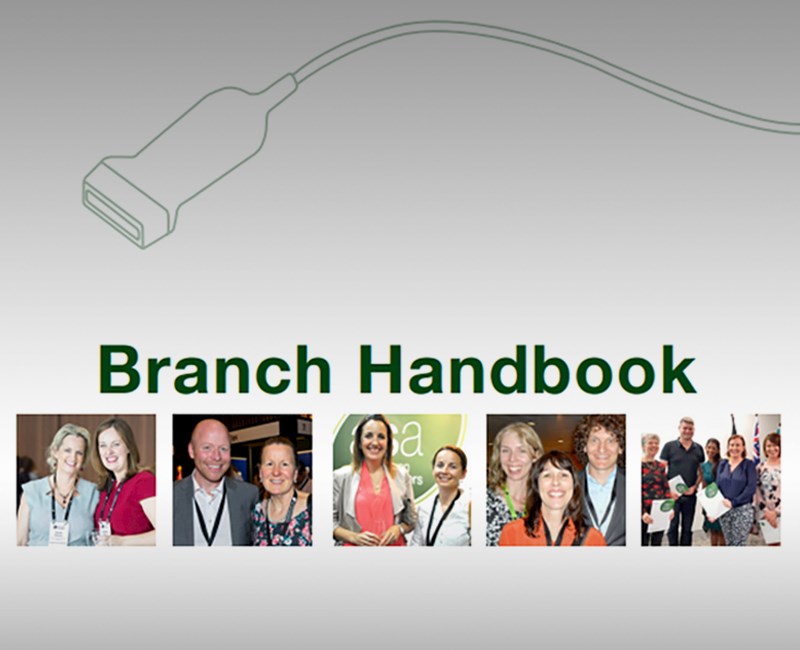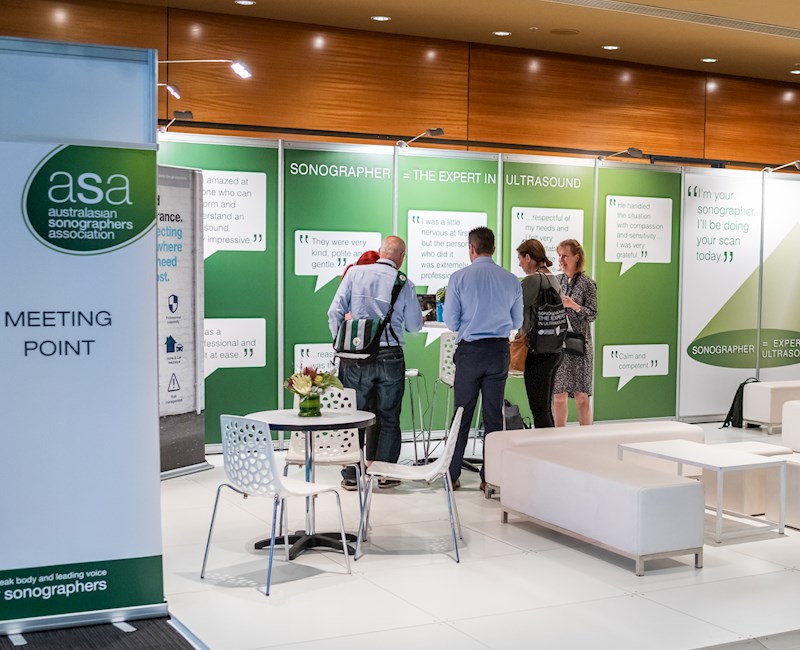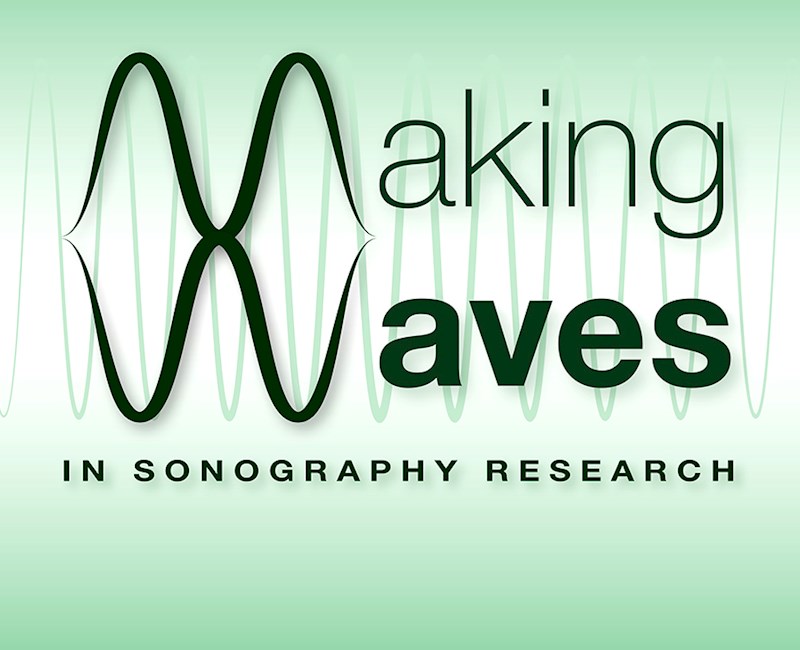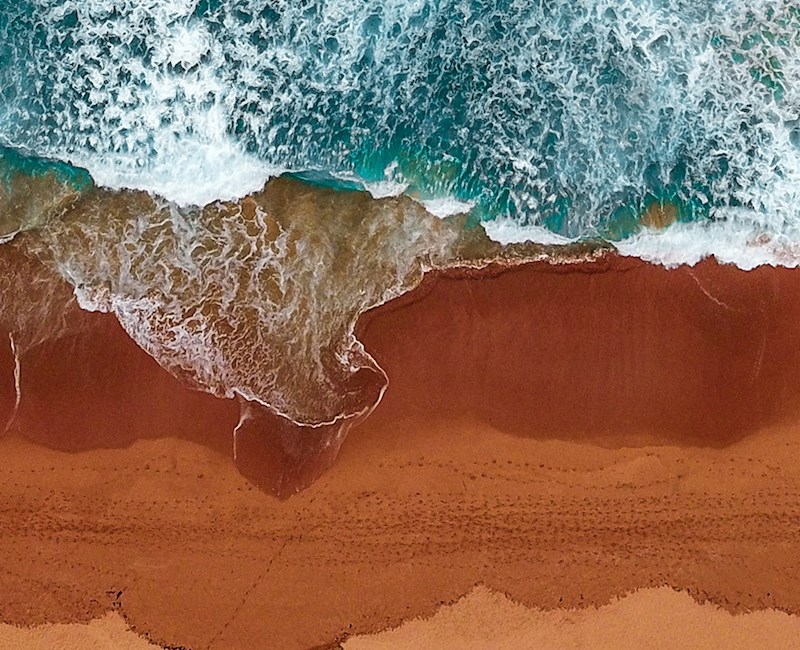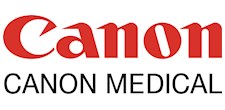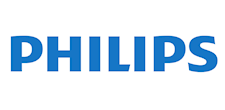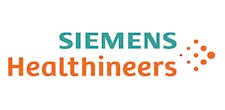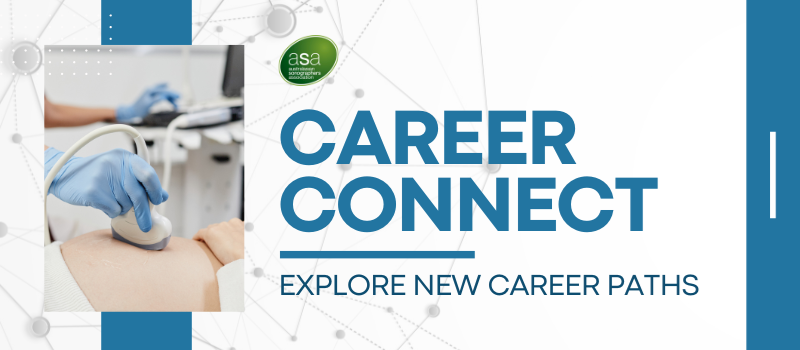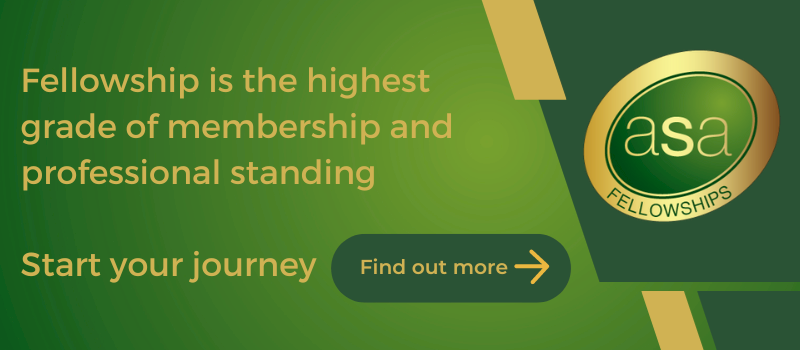Member news
Welcome to the Member News page!
The ASA has launched this space for members to contribute and share their sonography stories and highlights with the rest of the profession. If you have some sonography news to share, you can email details to memberservices@sonographers.org
(Please note the content on this page is presented as submitted, in the member's own words, news items will be displayed for two months).
Sam's sonography journey: Outbound Clinical Placement in Can Tho Vietnam
27 FEBRUARY 2024 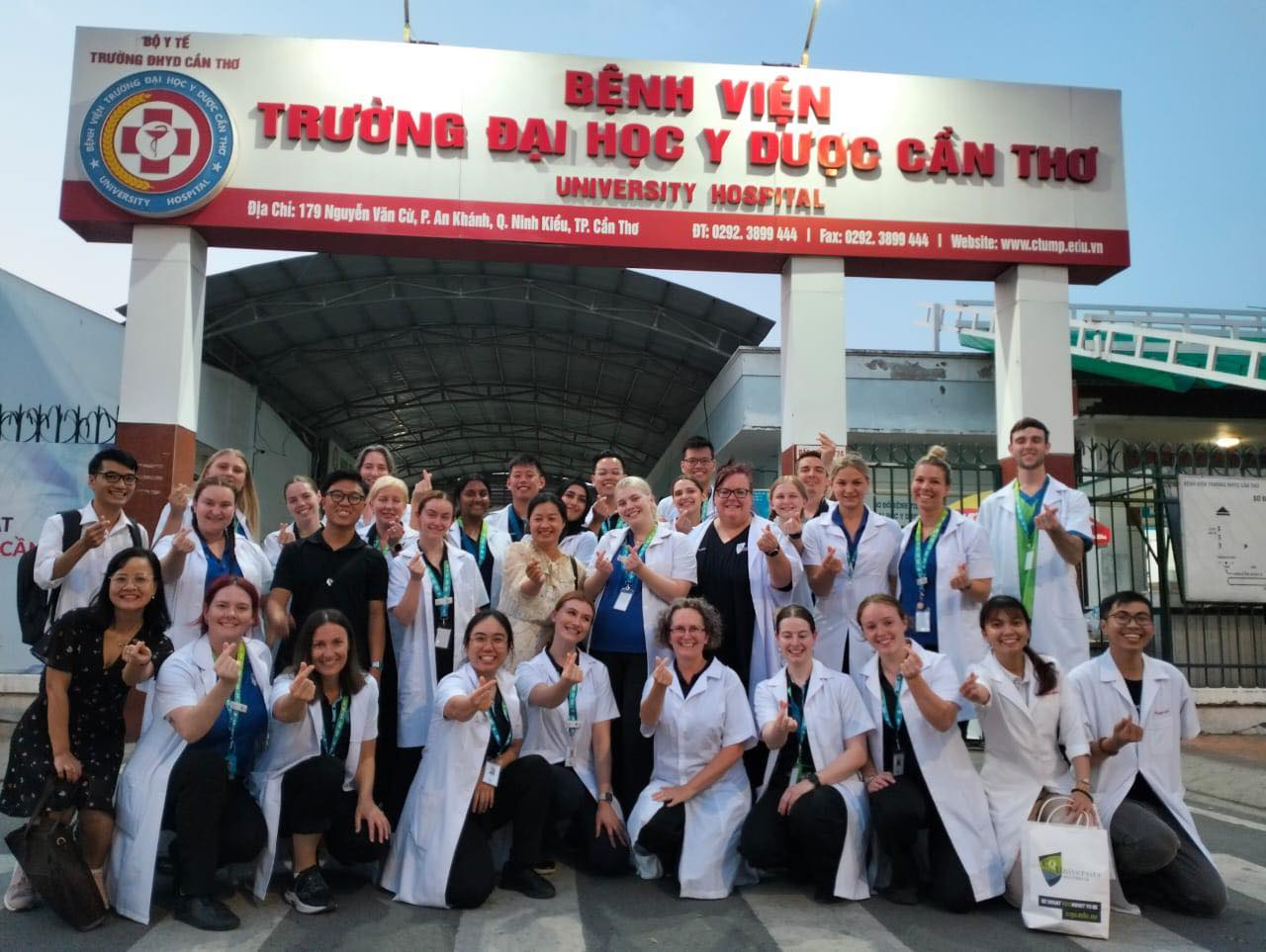
Sam Hsiang-En Kwok is entering his 4th and final year of his Bachelor of Medical sonography/Graduate Diploma of Medical sonography at CQU. Recently he applied to travel to Vietnam as a part of CQU’s Clinical Placement program to further his sonography skills and experience working in a different healthcare system. The ASA reached out to Sam to tell us about his experience.
Tell me about the CQU Outbound Clinical Placement Program in Can Tho, Vietnam?
The CQU Outbound Clinical Placement Program is a fantastic two-week placement program at Can Tho University of Medicine and Pharmacy Hospital, and Can Tho General Hospital. This year the program expanded to include CQU students from echocardiography and medical imaging. A total of 22 of us from across Australia travelled to Vietnam to learn more about our respective disciplines and to experience a different healthcare system.
This year, the sonography students were led by academics Julie Cahill and Jodie Gallagher from Brisbane and Melbourne, respectively. Under their guidance we worked closely with the doctors to deliver culturally appropriate healthcare. We had the opportunity to see many cases that we would not often see in Australia. These interesting cases were collated and presented at the end of the week by the Head of Radiology, Dr. Dang, for review and discussion.
Beyond the experiences in the hospitals, we also had cultural exchange nights with the local students and doctors. A big part of this program is for students to broaden their world views and step out of their comfort zones, both personally and professionally. As such, our weekends were dedicated to immersing ourselves in the rich culture of Vietnam. These included the famous floating markets, rice paper factory, and an afternoon of culinary class.
Why is it important for students from Australia to travel to Vietnam?
I wholeheartedly believe that any chance to travel to a different country and step out of our comfort zone is a great way for personal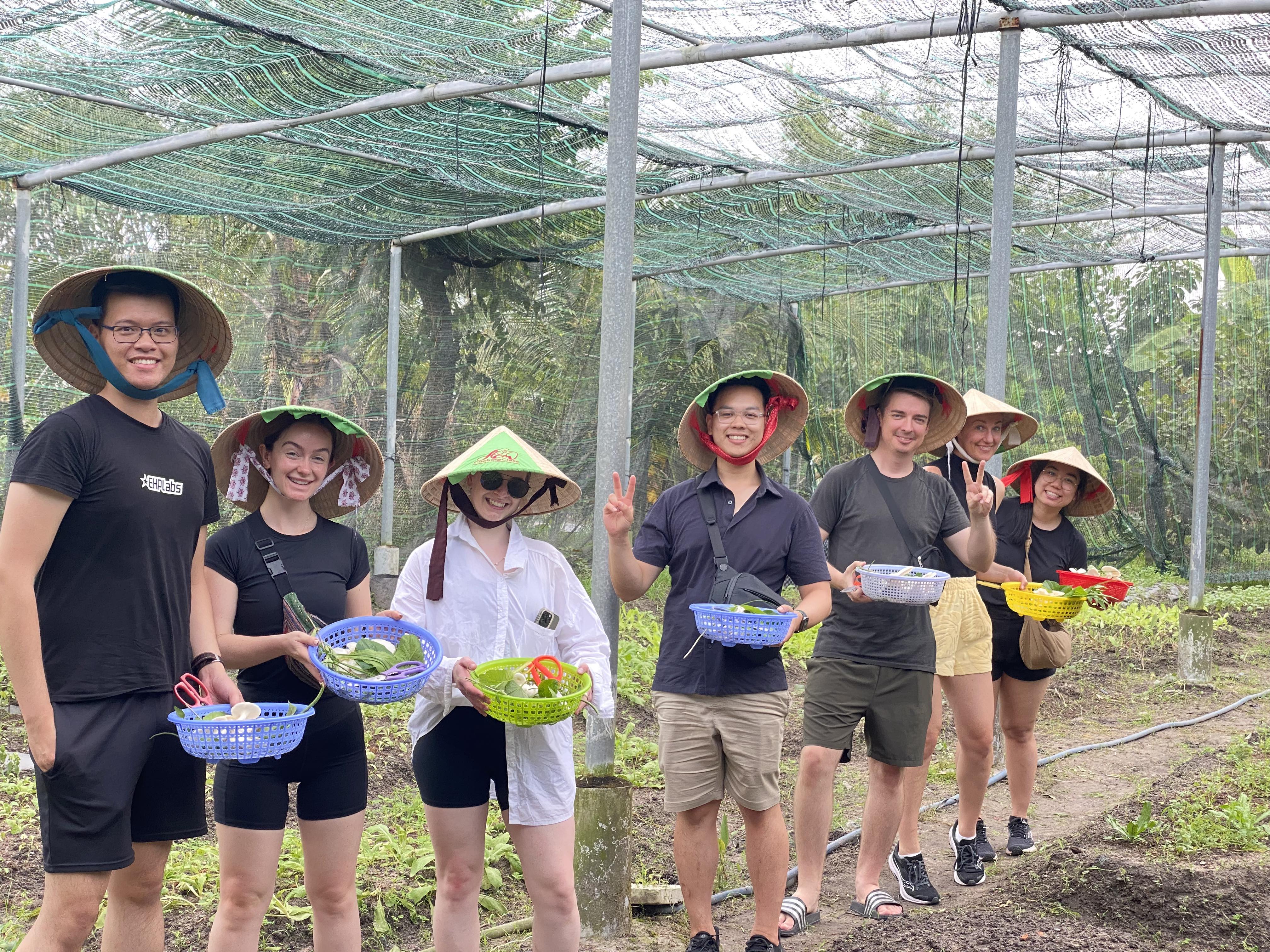 development. It can help broaden our perspective if we’re willing to embrace the local culture with an open mind.
development. It can help broaden our perspective if we’re willing to embrace the local culture with an open mind.
Vietnam is very different from Australia, especially in a less touristy city, such as Can Tho. However, there is just enough familiarity that the cultural difference isn’t overwhelming. The students I have spoken to all agree that the two weeks of placement have helped increase their cultural sensitivity, social, and public health awareness. We’ve come to understand and appreciate the opportunities and challenges of working in an environment with resources different to what we are used to. Some of the experiences are unique to Vietnam and can only be formed by travelling and working there.
What were the criteria to be accepted on the program?
The application is only open to third year students who have passed all their semester one subjects, as part of an initiative of the Federal government’s New Colombo Plan. It is a very competitive selection process with only 12 spots available across the six CQU campuses in Australia. You are required to write a letter to express interest and explain why you would fit this program and what you can bring to the team.
The selection panel consists of course coordinators from multiple campuses. Tutor-written feedback from previous years will be taken into consideration to evaluate your communication and teamwork abilities. Our sonographic skills are important, but at the end of the day our ability to work as a team under pressure and our level of adaptivity is what essentially determines if we are suitable to work in a foreign country.
Once you have been accepted into the program, eligible students can apply for one of the limited number of New Colombo Plan Short Term Mobility Grants that the university was successful in obtaining. This grant greatly helps with the cost of the trip for those who are concerned about the cost of the program. Eligible students may also apply for a government OS-HELP loan to help cover the cost of the trip.
What has the outbound clinical placement program taught you?
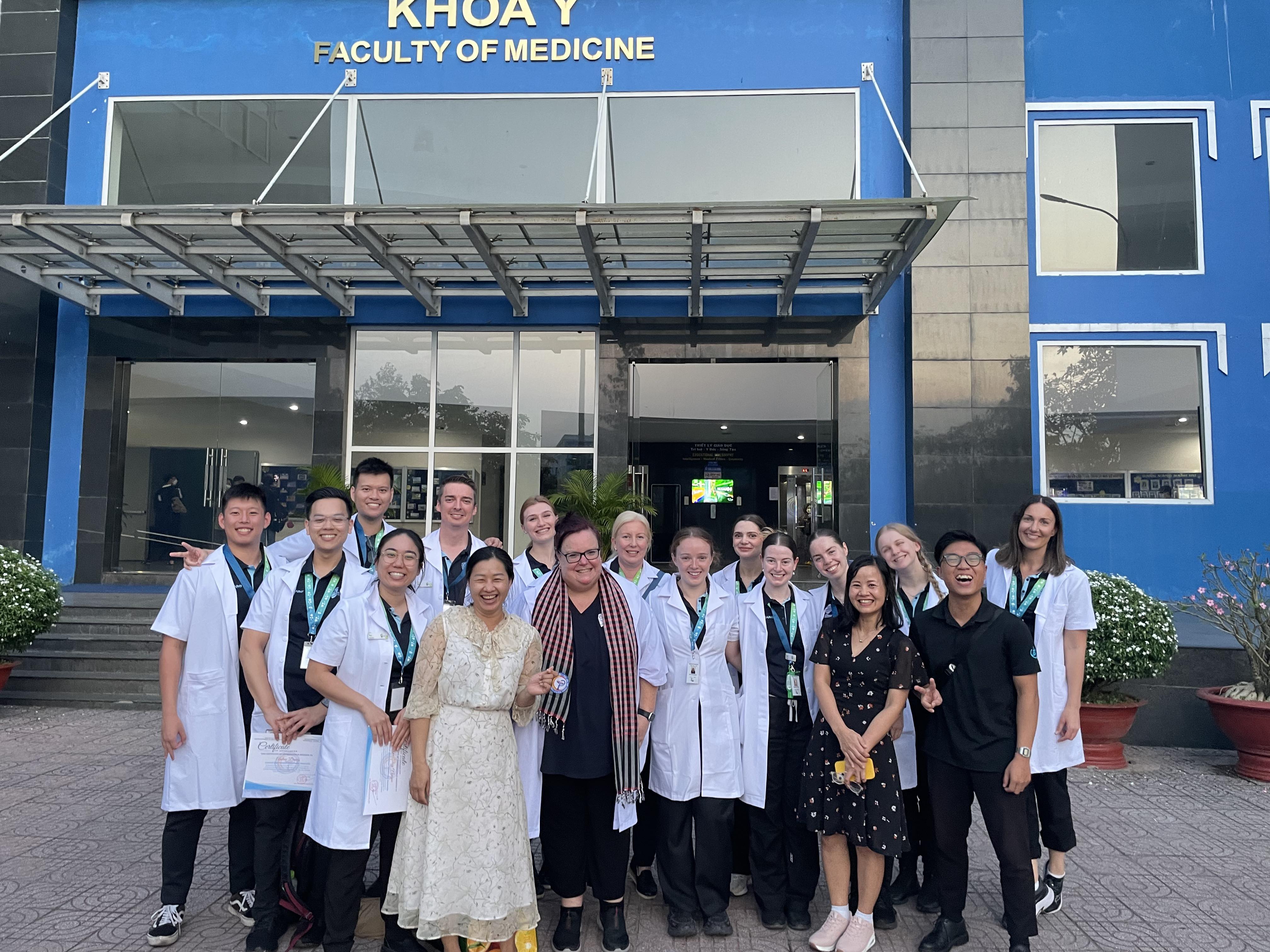
This placement has reinforced the importance of non-verbal communication for a healthcare worker and it was an area I was able to improve on. I think I also came out more flexible and adaptive as a person and as a sonographer by appreciating that things can be different without necessarily being right or wrong. The trip also highlighted the importance of a sonographic community. Sonography can be a very challenging course but having a supportive community who have gone through, or are going through, the same journey as you is very encouraging.
What were some challenges and highlights that you would like to share?
Personally, the language barrier was the most challenging at the beginning. I hadn’t figured out the most effective way to communicate with the doctors when the translator was assisting students. However, the doctors were very lovely and started using google translate when they noticed there were questions I wanted to ask.
In terms of highlights, there are so many! Being able to connect with other amazing students across Australia and local doctors through our passion in sonography made this trip an unforgettable experience. We expanded our sonographic skills and worldview as we exchanged stories of our sonography journeys. It was an absolute honour when Dr. Dang invited us to return in the future and train at the hospital. Lastly, I had a lot of fun learning to cook Vietnamese dishes at the culinary class despite not being very good at it!
What impact do you think this program has on the countries you visited?
Learning abroad programs are fantastic ways to exchange ideas and practices. The exposure to different protocols enables the incorporation of different sonographic techniques that may improve clinical diagnostic skills. Furthermore, exposure to a different healthcare system and cultural practices can promote cross-cultural understanding between healthcare professionals.
The program is also a great gateway for cultural exchange. As Vietnam continues to become more multicultural, the learning abroad program can help healthcare professionals understand cultures beyond their own. Most importantly, the program opens the opportunity for future collaborations and partnerships that can increase awareness of global health challenges and solutions.
Would you recommend the program to other students and why?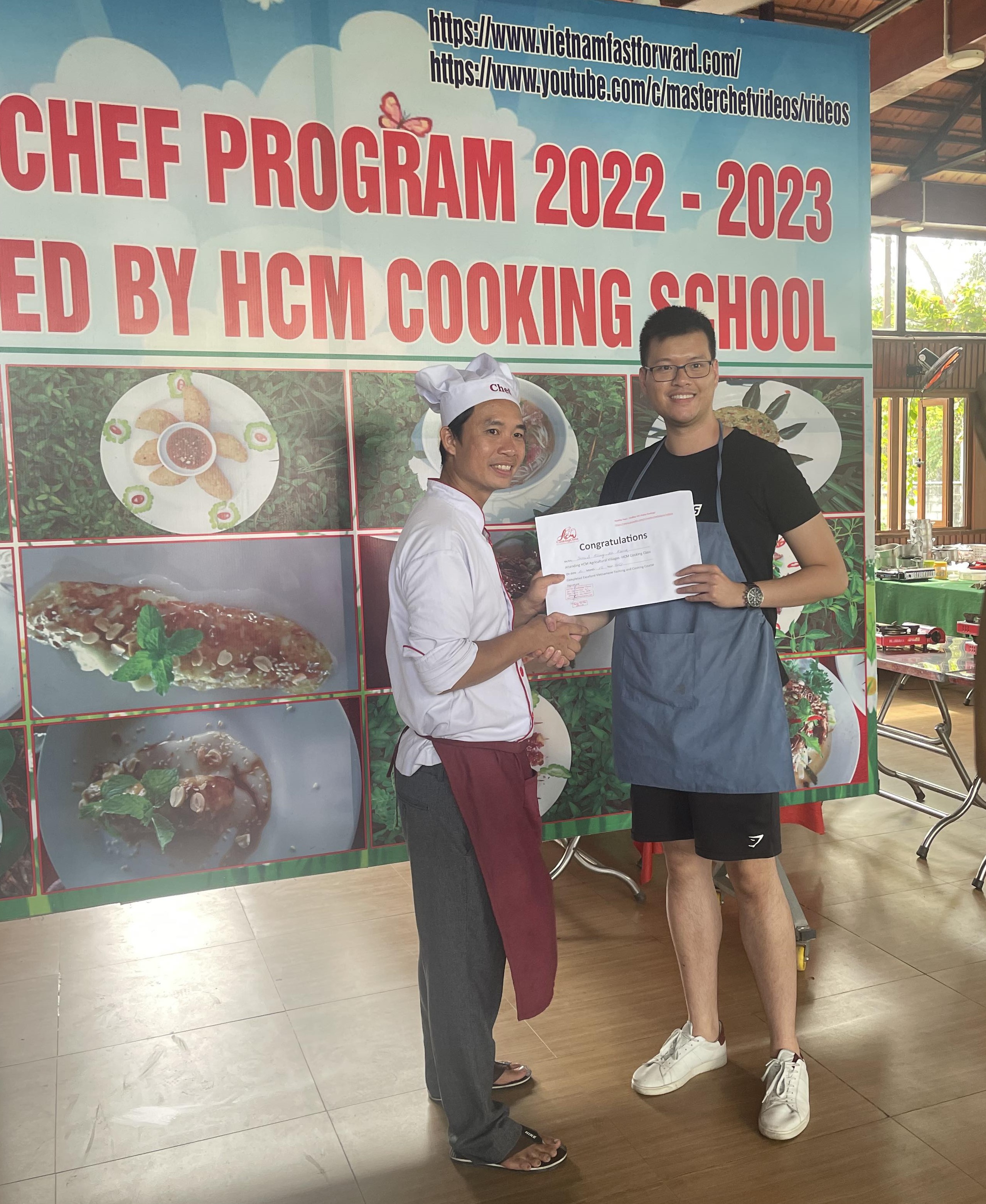
YES! This is a very well planned-out program by coordinators who are passionate about sonography and share a love for Vietnamese culture.From working with very supportive local doctors to bonding with the lecturers and students whilst experiencing the beauty of Vietnam, it is not an exaggeration to say that this is a once-in-a lifetime opportunity. As long as you are open to new experiences, you will come out of this program with a better cultural understanding and appreciation of different healthcare systems.
What are you passionate about in the field of sonography?
I have been very fortunate to have learned from very passionate sonographers, and their passion for the industry has definitely rubbed off on me.I love that sonography is more than just ‘scanning’; it is a comprehensive examination that requires combining different skill sets to form differential diagnosis. For me, it is just a lot of fun to be able to continually learn new techniques and practices as newer research and technology come out. So far at uni, my favourite subjects have been vascular and neonatal but that may change as I continue to learn more about other subfields in sonography.
What are your professional goals you would like to achieve in the sonography profession?
My goals after graduation would be to further my sonographic skills and become more competent. I haven’t had the opportunity to work in the public sector yet, so that is something I would love to explore in the future.
Looking ahead, I am eager to continue my education, whether that is through research in Australia or having the opportunity to work overseas. My time in Vietnam has also sparked my interest in teaching and giving back to the community by mentoring the next generation of sonographers in the future.

